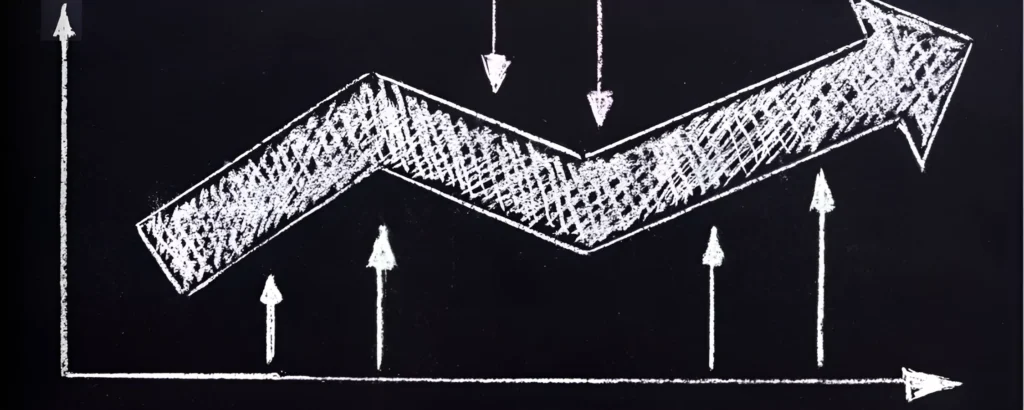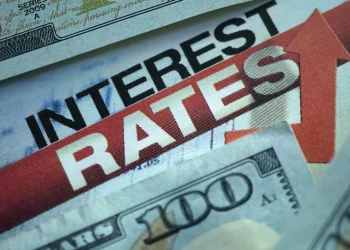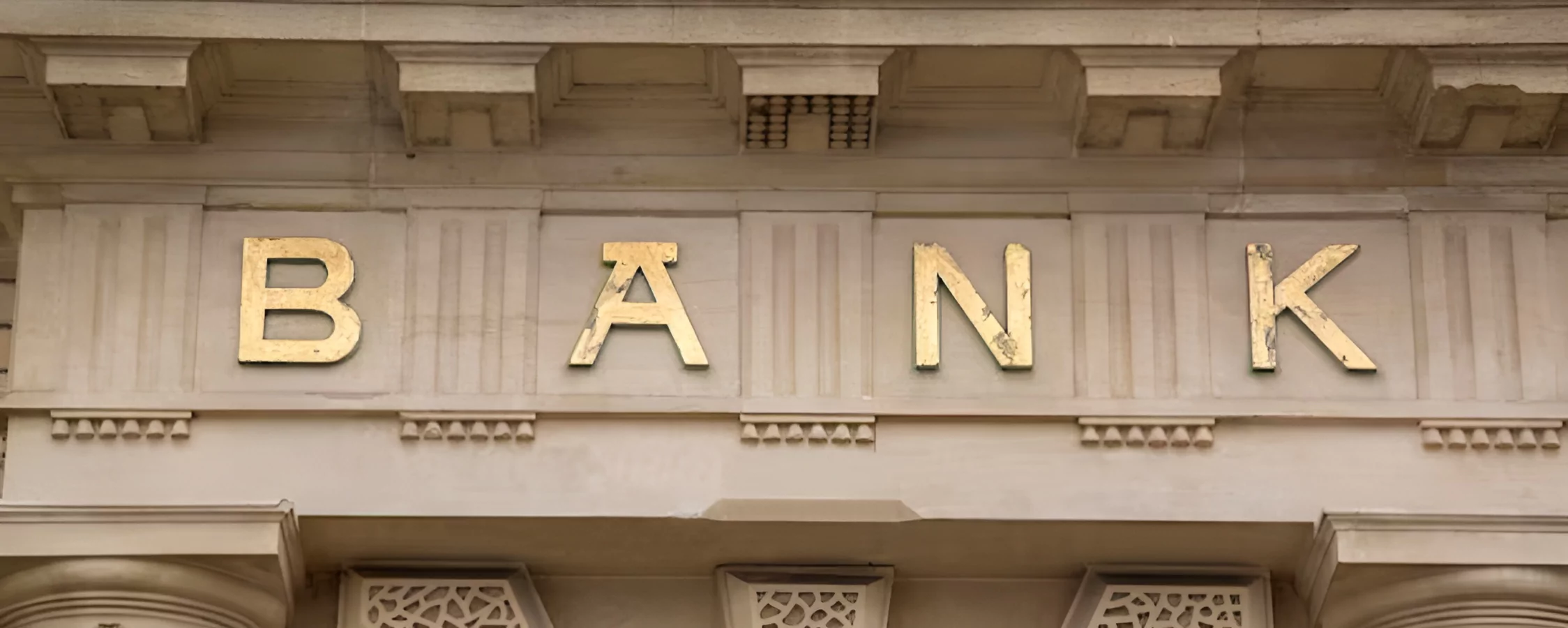Inflation is a widespread increase in prices and a fall in the purchasing value of money over time. Effects of inflation impacts economies at both the macro and micro levels, affecting businesses, governments, individuals, and the overall stability of a nation’s financial system. While a low, steady rate of inflation is often viewed as healthy, high or unpredictable inflation can have negative economic consequences.
This article will explore the 7 key effects that different rates and kinds of inflation have across various sectors. We’ll examine impacts on consumption, savings, investments, wages, production costs, trade balances, debt levels, and government policymaking. The goal is to understand both the mechanisms through which inflation acts as well as its broader implications for macroeconomic performance and welfare.
1- Inflation Effects on Consumption
One of inflation’s primary impacts is on consumer purchasing power and spending patterns. As prices rise faster than incomes, money has less purchasing power over time, making people feel relatively poorer. Uncertainty around future inflation also discourages consumption today as saving is preferred for purchasing power protection.
High inflation causes consumers to cut back on big-ticket, durable, and luxury items that lose value quickly and focus more on necessities. It also shifts consumption earlier to avoid higher prices down the line. This pulls demand forward and can temporarily boost economic growth, but risks an inflationary spiral if wages chase rising prices upwards.
2- Inflation Effects on Savings

As inflation erodes the future value of money in savings accounts, it discourages capital accumulation. Cash and other liquid savings see their real values diminish rapidly with inflation, making physical or income-producing assets preferable stores of value. Higher inflation risks force savers to demand an inflation risk premium in return for maintaining real purchasing power over the long run.
This impacts the cost of capital for borrowers and reduces available funds for productive private investment across the economy. Monetary policy finds it difficult to encourage spending versus saving in high inflation. Overall, inflation makes the future far less certain and diminishes the power of forward-looking decision-making.
3- Effects on Wages & Incomes
Wages and incomes tend to lag inflation in the short run as contracts and pay increases are tied to longer timescales. The temporary decline in real wages and fixed incomes redistributes wealth from workers and savers to those with inflation-protected assets. This creates recessionary pressures as purchasing power declines.
If inflation becomes persistent, wage and price setters will factor in inflation expectations going forward. This bids up nominal wages to match the rising cost of living, creating a wage-price inflationary spiral. Central banks fight this dynamic via monetary policy tightening to anchor expectations. However, costs of production still rise in the interim period damaging industry competitiveness.
4- Effects on Production Costs
Inflation lifts all types of production input costs for businesses – from wages to raw materials to transportation to rent. Companies pass on as much of these higher costs as possible via price rises to maintain profit margins. However, some input costs are sticky like wages and long-term contracts, meaning businesses absorb cost-push inflation temporarily until repricing.
Higher costs and prices dampen real aggregate demand as purchasing power falls, crimping revenues and corporate earnings. Businesses postpone capital investments during inflation uncertainty. Industries facing international competition see profit squeezes, while export competitiveness declines with currency devaluation. Persistent high inflation risks stagflation with rising costs and unemployment.
5- Effects on Investment Decisions

Capital allocation decisions require assessing risk-return tradeoffs over long time horizons. High unexpected inflation increases uncertainty around future cash flows, hampering companies’ willingness to invest. Investment loses appeal as real rates of return diminish in inflationary environments.
Portfolio managers shift away from nominal government bonds and cash towards real and foreign assets maintaining value. Rising costs of capital also discourage capital formation across the economy needed for medium-term growth. Over the long run, these effects diminish the capital stock, productivity, and potential GDP of entire economies if inflation becomes endemic.
6- Effects on International Trade
Inflation impacts trade balances depending on the domestic-foreign inflation differential. Rapid inflation exceeding trading partners pulls imports forward before further currency depreciation. It also makes exports cheaper once repriced in foreign currencies, aiding trade balances in the short term.
However, sustained higher domestic costs eventually erode export competitiveness, shrinking the trade surplus. Currency depreciation from inflation reduces spending power on imports, while imported goods grow more expensive. Overall trade volumes decline, curbing external demand contributions to GDP. High-inflation nations find credit access limited in global financial systems.
7- Effects on Government Revenues & Debt
Moderate inflation raises nominal GDP along with tax collections at little real resource cost. However, hyperinflation leaves governments unable to collect taxes effectively as currency values plunge. Inflation also erodes the real value of fixed-rate tax brackets over time, lowering the tax burden on the wealthy. Indexing brackets to inflation helps address this issue.
Government debt levels likewise diminish in real terms with positive inflation. However, high inflation requires larger debt refinancings and raises debt servicing costs as interest payments rise. It impairs fiscal planning and intergenerational fairness. Sovereign debt risks spike if markets doubt a government’s inflation-fighting commitment.
Conclusion | Main Effects of Inflation
In summary, effects of inflation acts through various interconnected transmission channels to influence macroeconomic performance and stability. Moderate rates aid growth by greasing the wheels of commerce. However excessive or unpredictable inflation creates uncertainty, erodes real incomes, distorts decision-making, discourages capital formation, and strains government finances. By understanding inflation’s wide-ranging effects, policymakers can design appropriate frameworks to mitigate its costs while reaping its potential benefits.













